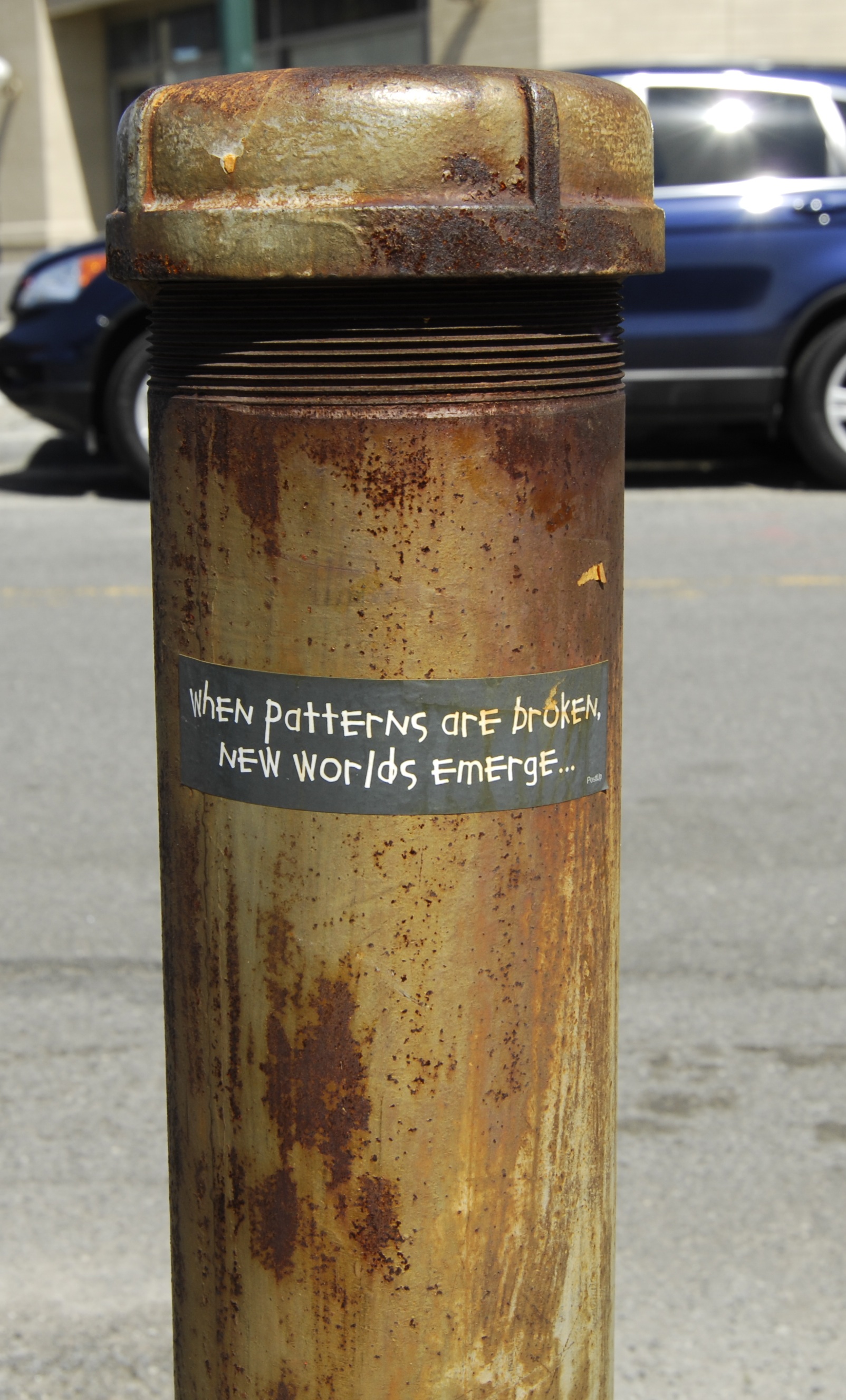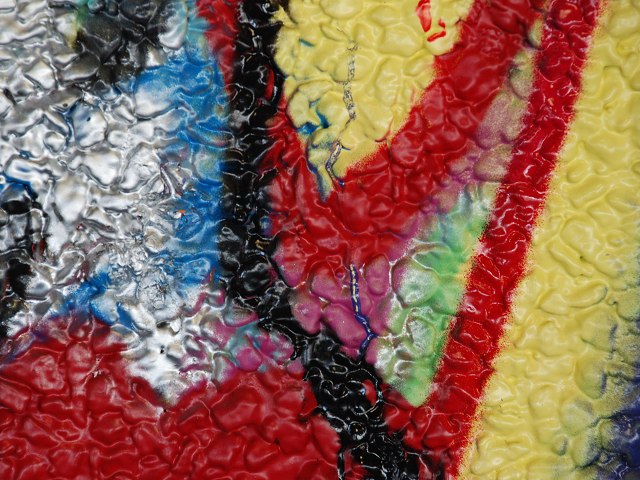 Good morning good morning. It’s grey here today, the clouds soaking across the hills, coating everything in an impenetrable foggy frost that I am deeply grateful for. How has the day begun for you? Where is your sun just now?
Good morning good morning. It’s grey here today, the clouds soaking across the hills, coating everything in an impenetrable foggy frost that I am deeply grateful for. How has the day begun for you? Where is your sun just now?
Sophie has gone after a squirrel this morning, who is now stuck up on top of the neighbor’s garage and is letting forth a stream of chitters that I can only assume is squirrel for lots and lots of expletives. Sophie stands guard, ball in her mouth (thus rendering her fully incapable of catching anything else between her teeth, but the squirrel doesn’t know that) — she and the squirrel have this sort of antagonistic relationship when he gets close to where she can catch him, but I’ve seen her watching him in the garden for long stretches, those times he risks coming down from the walnut tree to grab one of the fallen green walnuts or takes to examining the garden to see if there’s anything there he might like, and Sophie will stand up at the top of the garden, on the patio, watching and watching, still and quiet, not wanting to disturb him, waiting for him to get close? Or maybe she just wants to see what he’ll do? Maybe she wants to be friends?
He’s made it now, from the garage roof, across the top of the backyard fence and back to the trees where he lives — Sophie chases him along the fence, every time he comes down far enough that she’s aware of him, and he chitters his curses the whole time, though now I think maybe it’s more like, go ahead and try it, you land-bound thing! Perhaps something better, more vitriolic.



